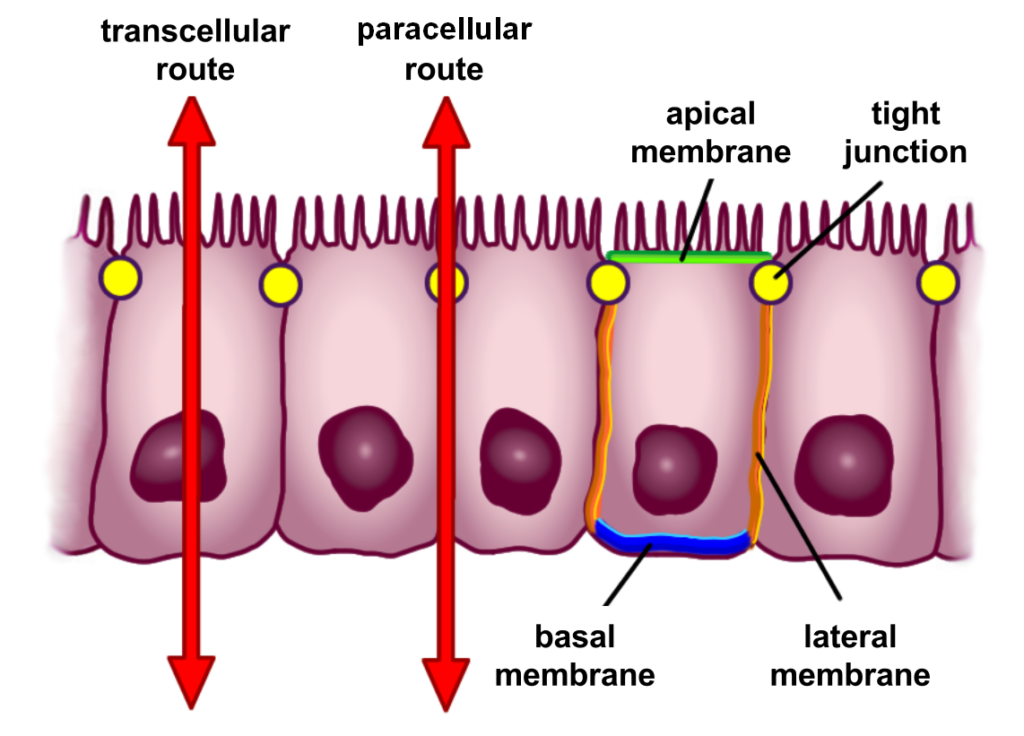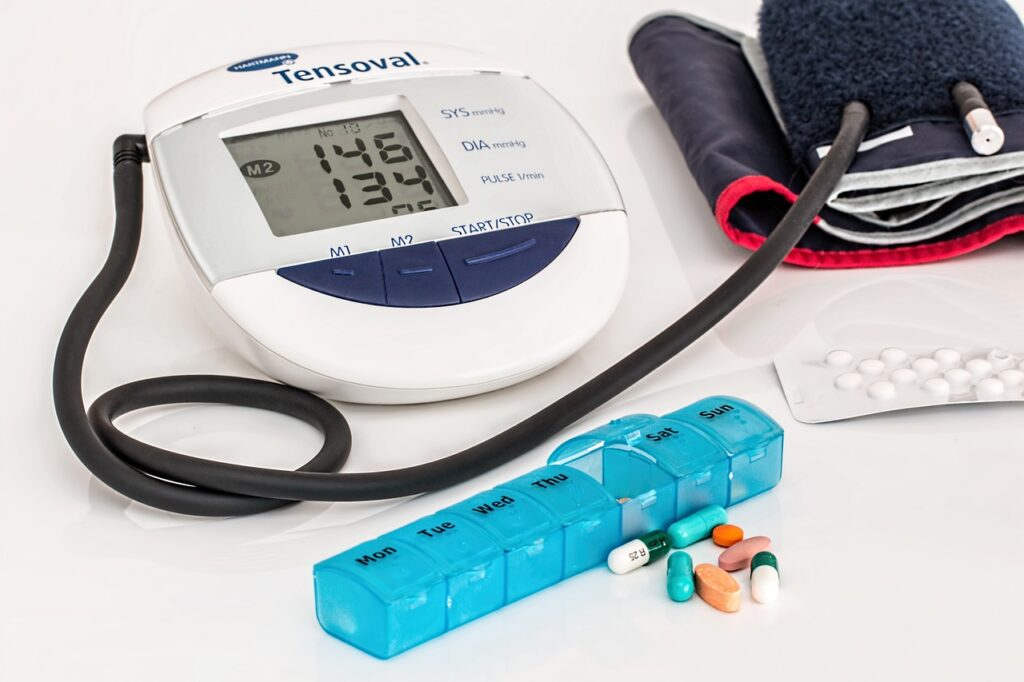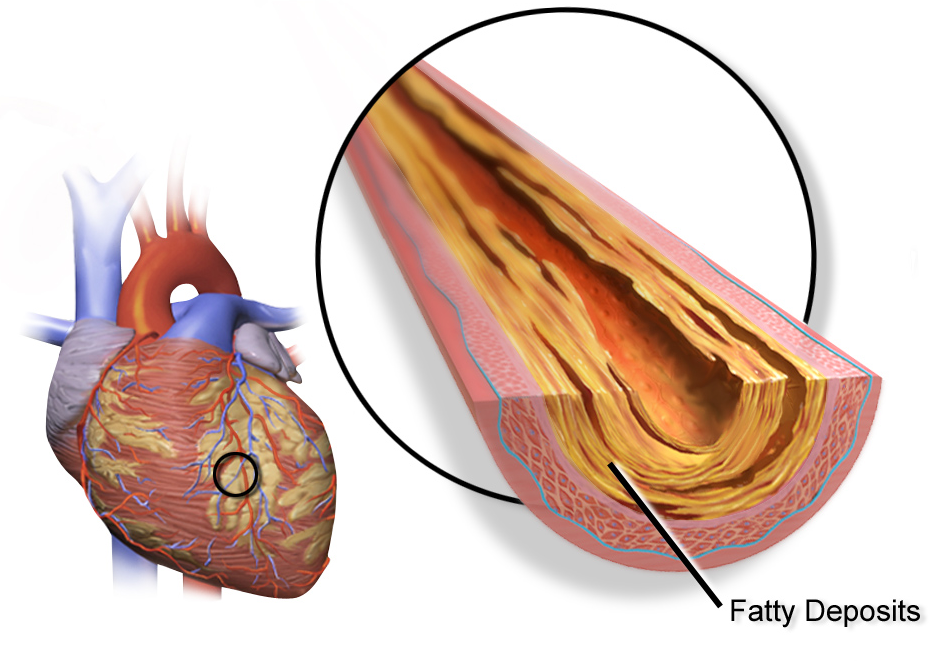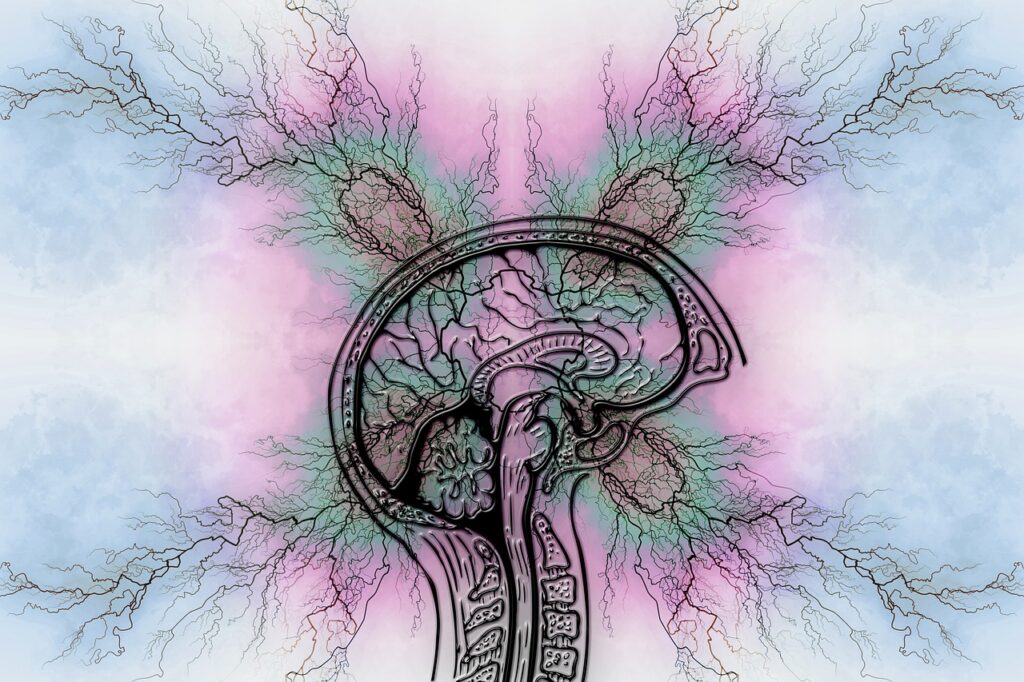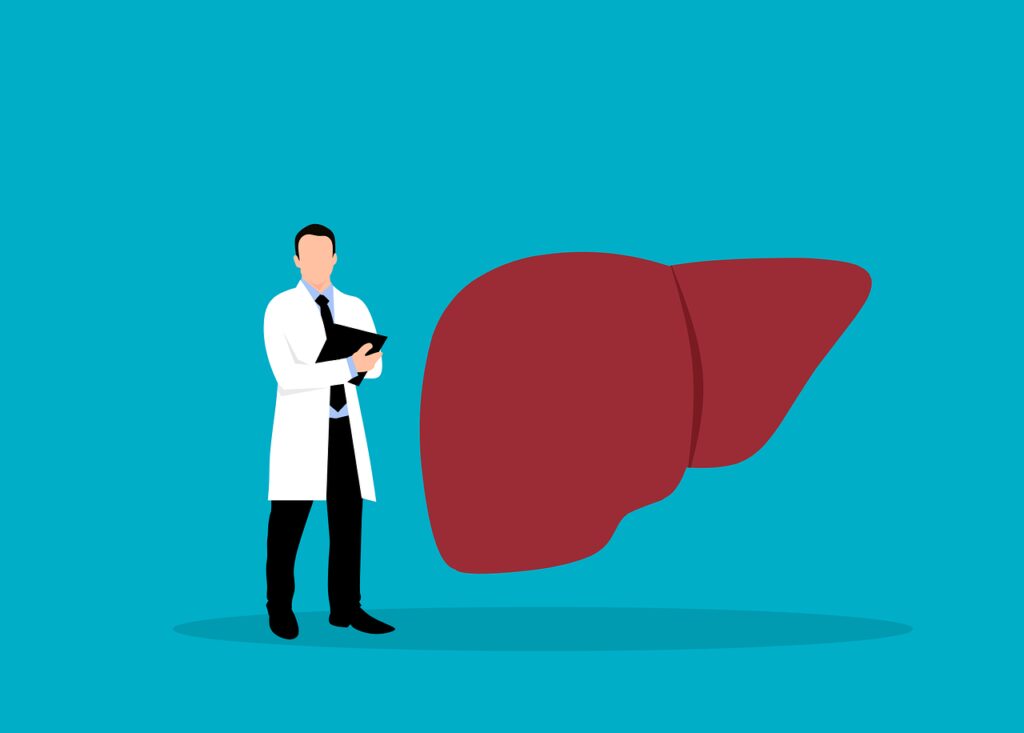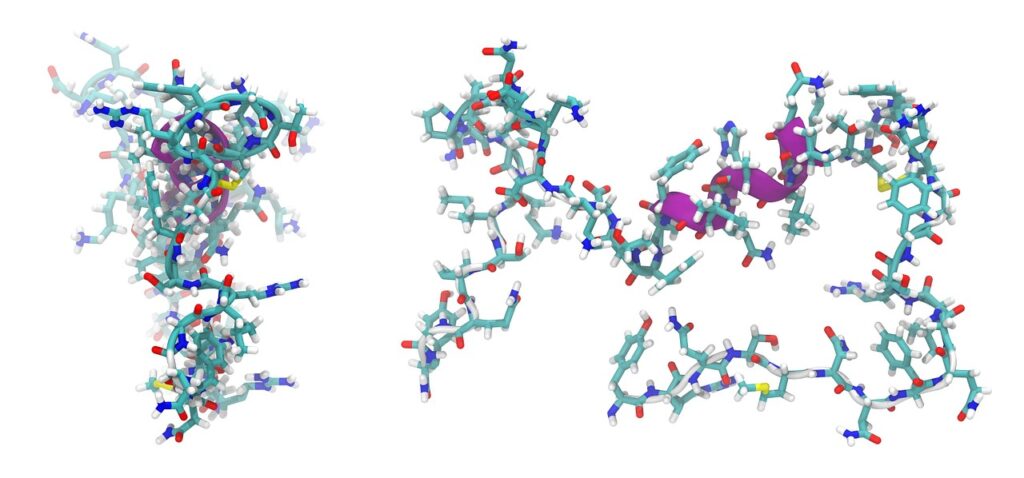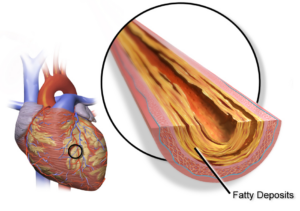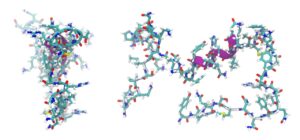What is it?
Intestinal permeability is a common issue in the Western world that has wide-ranging effects on overall health.
The gut lining is one layer deep. The gut lining should be selectively permeable to allow the transfer of nutrients and macronutrients across the cell wall to be assimilated into the body. The critical word here is selective. Intestinal permeability is when the gut lining becomes overly permeable, allowing particles through it.
Due to our exposure to modern society, pollution, increased stress, and other variables (discussed later), our gut becomes porous and allows bigger food molecules to cross through. These molecules get exposed to our immune system, which does not recognize them as food, and we get an immune system and inflammatory response. Gram-negative bacteria called lipopolysaccharides (LPS) can also get across the gut lining and into the liver, causing increased immune response and inflammation.
There are two different types of intestinal permeability, trans and paracellular. Transcellular is when the epithelial cells of the gut split in the middle, and we see structural damage to the gut lining. This is the most destructive version of “leaky gut” and is uncommon.
Paracellular is when we get a break in between the gut cells, where the tight junction proteins begin to come apart and allow things to pass through. Something like transcellular is usually only seen in extreme cases of leaky gut and is generally associated with diseases like coeliac.
When we get intestinal permeability, we can translocate bacteria across the gut lining. This is called endotoxemia, and the fragments of LPS tend to get into circulation. When they get into circulation, these LPS can attach to toll-like receptor four and cause an inflammatory response anywhere in the body, including the liver, brain, kidneys, and cardiovascular system.
What are the causes of intestinal permeability?
Intestinal permeability has many different factors, including the flowing:
Diet. First and foremost, the types of food we consume can play a role in intestinal permeability. Increased amounts of hyper-processed foods cause damage to the intestinal lining, and increased saturated fat can induce endotoxemia in already permeable intestines. Eating whole food diets is most definitely the first place to start.
Gluten. Gluten, the protein contained in grains, can cause the separation of tight junction proteins. Does this mean gluten should be entirely avoided? Not necessarily, but lowering it is essential for most of us, and using it selectively and sparingly is necessary.
Anti-inflammatories. Non-steroidal anti-inflammatory drugs (NSAIDs) are popular for reducing pain, fever, and inflammation. Chronic use, and even acute use, of NSAIDs can cause significant damage to the epithelial lining and cause enteropathy and small intestine permeability. It is present in 50–70% of long-term NSAID users, while inflammation is present in 60–70% of them.1 The avoidance of anti-inflammatories is key to long-term digestive health. Some natural solutions will be presented in the solution section.
Alcohol. Alcohol, especially in high amounts, has direct effects on the microbiome and liver. It also affects the cell lining within the gut. Acetaldehyde is a by-product of alcohol metabolism. If our ability to bio-transform acetaldehyde becomes overburdened, this increase leads to cell death and the breakdown of the tight junction proteins within the gut lining. There is a vicious cycle here with alcohol and the gut and the liver. The increased burden on the intestines leads to increased LPS translocation, which further burdens the liver and increases damage to the gut lining.
Chronic Stress. Stress and cortisol impact the gut lining directly. One way cortisol does this is by pulling blood to the extremities in preparation for fight or flight, and the digestive processes get shut down. Cortisol can directly damage the gut lining and increase the permeability of it.2
Infections. Infections, including COVID-19, can seriously affect the gut microbiome and have been shown to affect it directly and indirectly. Digestive infections such as Klebsiella can cause intestinal permeability, but recent research has demonstrated that COVID-19 can cause intestinal permeability directly by downregulating tight junction protein.3
Obesity. Being overweight seems to predispose people to increased levels of intestinal permeability. The increased intake of fructose and saturated fatty acids seems to damage the mucous layer, and the consequent increase in systemic inflammation and blood sugar dysregulation appears to affect the gut barrier further. Those with poor blood sugar control tend to have increased chances of candida overgrowth.
Protocol for Intestinal Permeability
Colostrum: 5 grams 2x/d Bovine colostrum, with its blend of immunoglobulins, lactoferrin, and IGF-1, has been shown to significantly benefit healing the gut lining, especially in those in the athletic population.4
Probiotics. Probiotics have multiple different effects on the gut. They have immunomodulatory and antimicrobial properties, but one of the mechanisms is their ability to affect the integrity of the gut lining. Meta-analysis demonstrates that their effect is directly antimicrobial, immunomodulatory, and protective for the gut lining. The dose and duration are essential here; upwards of three months is needed, and combination therapy is the most effective.5
Zinc Carnosine. 75mgx2/d Zinc L-carnosine (beta-alanyl-L-histidinato zinc), also called polaprezinc in the scientific literature, is a zinc and L-carnosine chelate compound. It has been shown that it reaches the gut lining to have stabilizing, anti-inflammatory, and antioxidant effects and help support immune function within the gut.6
BPC157. 500mcgx2/d BPC-157 is a peptide consisting of 15 amino acids. It is derived from a protein found in the stomach. Although there is little research in human and animal studies, anecdotal evidence suggests it can benefit health and intestinal permeability. It has been shown to increase tissue recovery by increasing nitric oxide production at the sight of injury.
Reference Links :
1. https://www.frontiersin.org/articles/10.3389/fphar.2020.01153/full
4. https://www.ncbi.nlm.nih.gov/pmc/articles/PMC9227274/
6. https://www.sciencedirect.com/science/article/pii/S2210740122000912#bib0055


